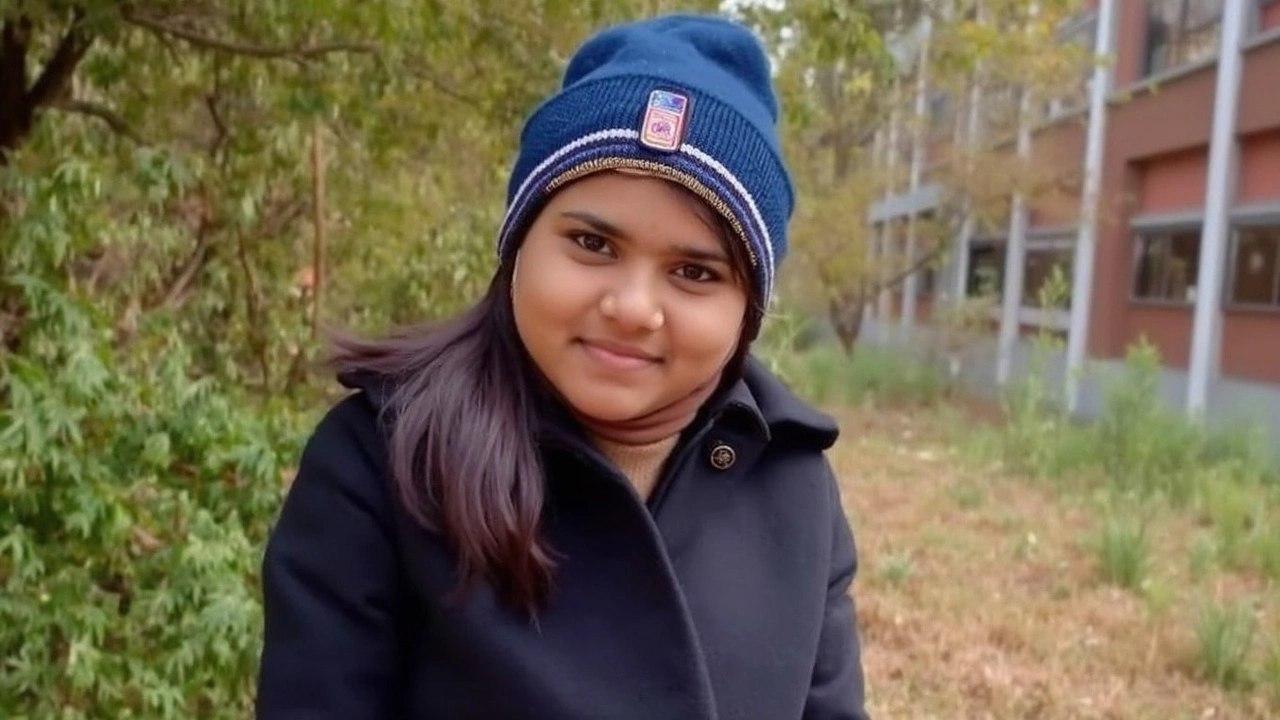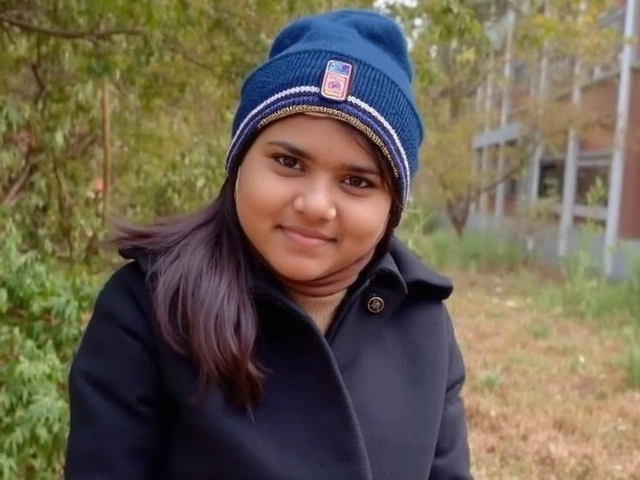Gujarat Class 10 Topper Heer Ghetiya Dies After Brain Hemorrhage, Family Donates Her Organs

A Bright Student’s Triumph and Sudden Health Crisis
Heer Ghetiya was more than just a name on a result list—she was a symbol of academic dedication in Morbi, Gujarat. Just 16, she topped her Class 10 board exams with an extraordinary 99.70%, one of the highest scores in the state. But this achievement arrived amid a health battle that unfolded silently behind the scenes.
Her story took a turn about a month before the Gujarat board (GSEB) announced the results. Heer was rushed into emergency surgery following a sudden brain hemorrhage—a condition where bleeding in the brain can quickly become life-threatening. Though the operation seemed successful and she was discharged, her fight was far from over. Her health declined again, and a week before her passing she started struggling with breathing and heart complications.
Doctors at the hospital worked round the clock, moving Heer to intensive care. The family learned from MRI scans that more than 80% of her brain had ceased functioning. On May 15, Heer's heart gave way, ending a life full of promise only four days after her academic feat was announced.
A Family’s Decision to Turn Grief Into Hope
The news of Heer's death shocked her school, friends, and the entire Morbi community. But what happened next showed the depth of her family’s empathy and courage. Heer had always dreamed of becoming a doctor—she wanted to heal and support others. In her passing, her parents made a bold choice: they donated her organs and body to help save lives and advance medical knowledge.
Her eyes were donated to help restore vision, while her kidneys found a new lease of life for patients at the B T Savani Kidney Hospital. The family worked closely with the State Organ and Tissue Transplant Organization (SOTTO) to make sure every possible donation could reach people in need, embodying her wish to serve others.
But the gesture didn’t end there. Her parents donated her body to a medical college, allowing aspiring doctors and researchers to learn and train—an act that aligns with Heer’s own aspirations. For her father, the decision was deeply personal. He said donating her organs and body was a way to fulfill her dream of helping people through medicine, even though she could not become a doctor herself.
This story caught attention across Gujarat—not only as a reminder of how sudden health issues can touch even the brightest lives, but also as a testament to the power of organ donation. Cases like Heer's drive home how one person’s compassion can ripple out, turning tragedy into hope for many others. Heer Ghetiya’s journey, marked first by academic brilliance and then by her family’s tremendous generosity, is a lasting inspiration.
